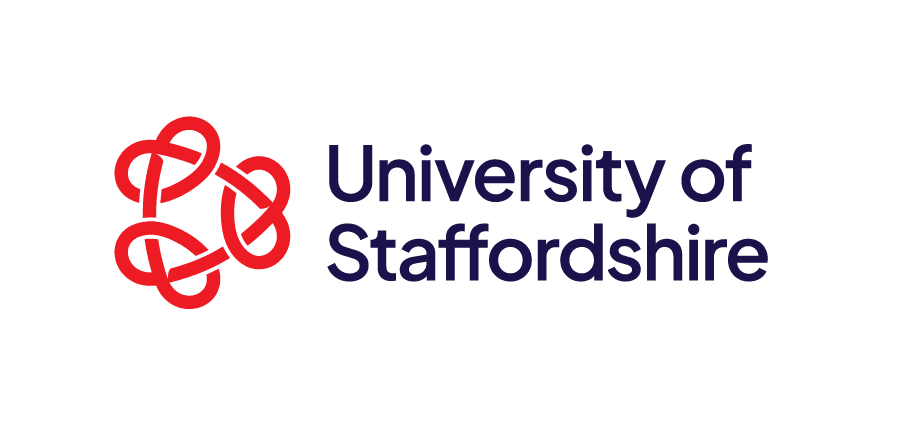The BEng (Hons) Electrical and Electronic Engineering degree awarded by the University of Staffordshire allows you flexibility to complete the full programme at APIIT Sri Lanka, or transfer seamlessly to the University of Staffordshire after your first year to graduate in the UK (subject to meeting entry requirements – You will need to pass all modules in your first year).
Gain the skills to work at the forefront of new technologies where you could be developing products that transform our daily lives. In the 2021 Research Excellence Framework, 87% of University of Staffordshire, UK’s engineering research was classed as “internationally excellent” or “world-leading”. University of Staffordshire UK also has links with industry and some of our students complete a year-long placement with a company.
If you wish to transfer to the University of Staffordshire for the second year our Visa Support Team will guide you through the transfer process assisting you with your visa applications and arrival in the UK.




































